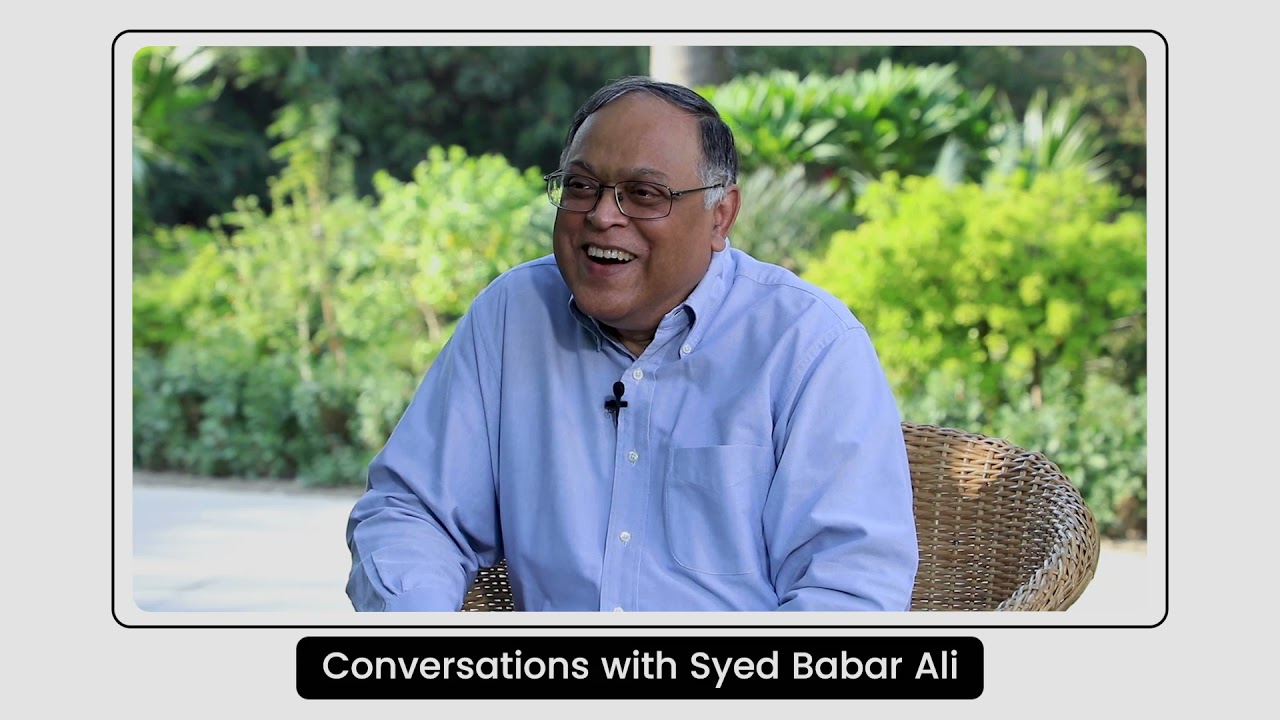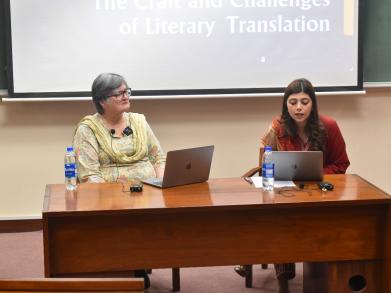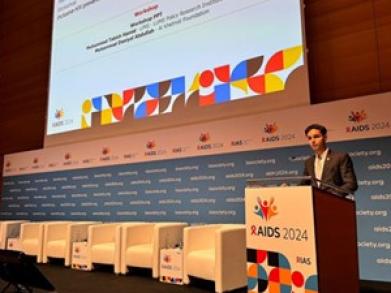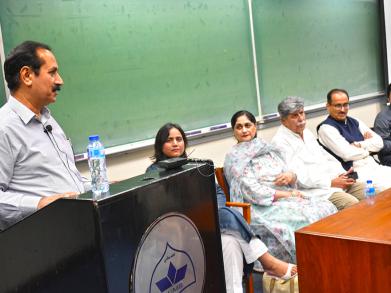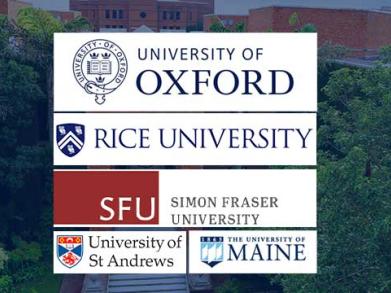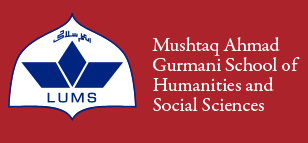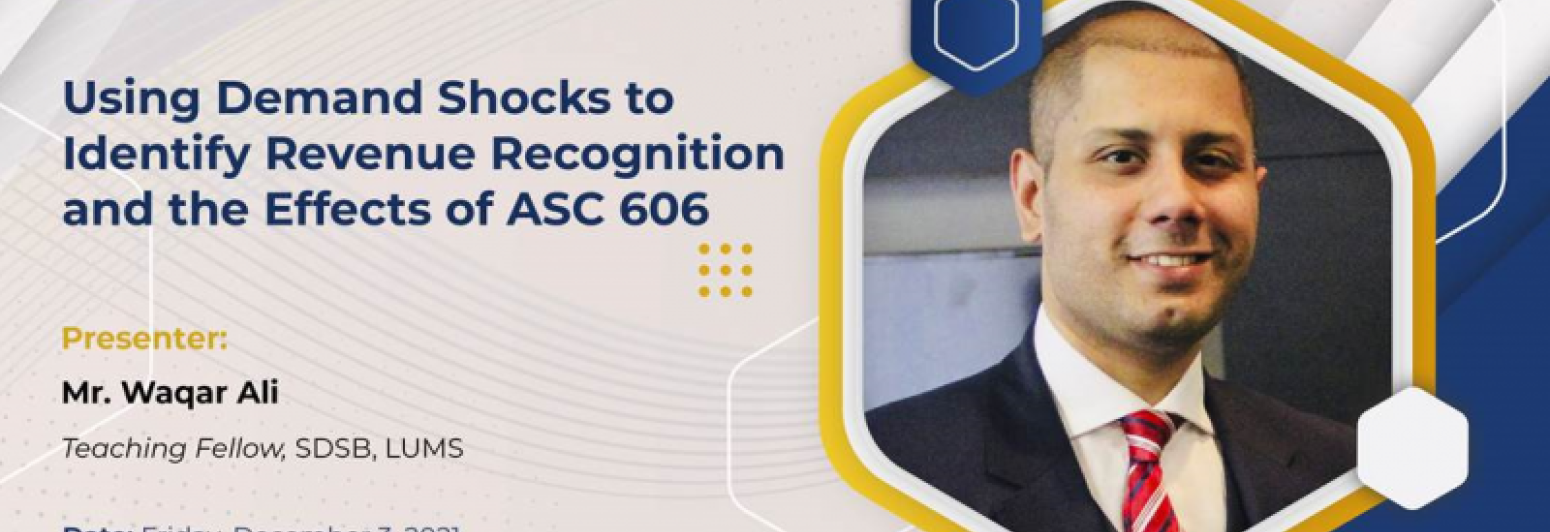
to
SDSB Research Unit is excited to announce the upcoming session of the SDSB Research Seminar Series 2021-22. Please join us in-person in the SDSB faculty lounge to attend an exciting talk on the Using Demand Shocks to Identify Revenue Recognition and the Effects of ASC 606. For your convenience, the calendar invite for the session is attached. Please save to your outlook calendar.
You can also join the session using the Zoom link below:
https://lums-edu-pk.zoom.us/j/5997978995?pwd=cGp1MVpXYjU2alFYSnhsQ3N2ZnZWdz09
Meeting ID: 599 797 8995
Passcode: 096402
Abstract:
This study introduces an easy-to-implement approach for researchers to measure revenue recognition in a large sample. Our proposed technique covers 86 percent of the Compustat firms from 2013-2020. Motivated by revenue recognition theories, we validate our use of product market demand shocks to measure the amount of revenue recognized in the current versus next year. Next, we apply our technique to evaluate the effects of ASC 606 on the timing of revenue recognition. ASC 606 (in convergence with IFRS 15) requires revenue to be allocated to granular performance obligations, introduces greater use of variable consideration estimates, and alters control transfer criteria. Consistent with these changes, we find that, on average, 96 cents of revenue are recognized in the next year per dollar of revenue recognized in the current year, before ASC 606, and 41 cents of revenue are recognized in the next year per dollar of revenue recognized in the current year, after ASC 606. Less than 30 percent of firms with a long revenue-earning cycle drive this acceleration of revenue, and more than 70 percent of firms with a short revenue-earning cycle are less affected. We further document that although firms have increasingly used ASC 606 jargon in their sales contracts since the announcement of ASC 606 in 2014, the revenue-return relation for the affected long-cycle firms has declined after the adoption of ASC 606.
Speaker’s Profile:
Waqar is a Ph.D. candidate in Accounting & Control at INSEAD (France). His research interests focus on the real effects of accounting choice, with a particular interest in accounting for financial risk management, and revenue recognition. Waqar is an ACA from the Institute of Chartered Accountants of England and Wales (ICAEW). He trained with Grant Thornton London in assurance services to asset managers / private equity, and then joined PricewaterhouseCoopers London where he provided hedge accounting advisory to airlines and commodity traders. Before starting his PhD Waqar mentored courses on management accounting, corporate financial reporting and auditing at SDSB, LUMS, where he also graduated in Accounting and Finance with a gold medal (best student award).
For queries about this event, please email shoaib.masud@lums.edu.pk

